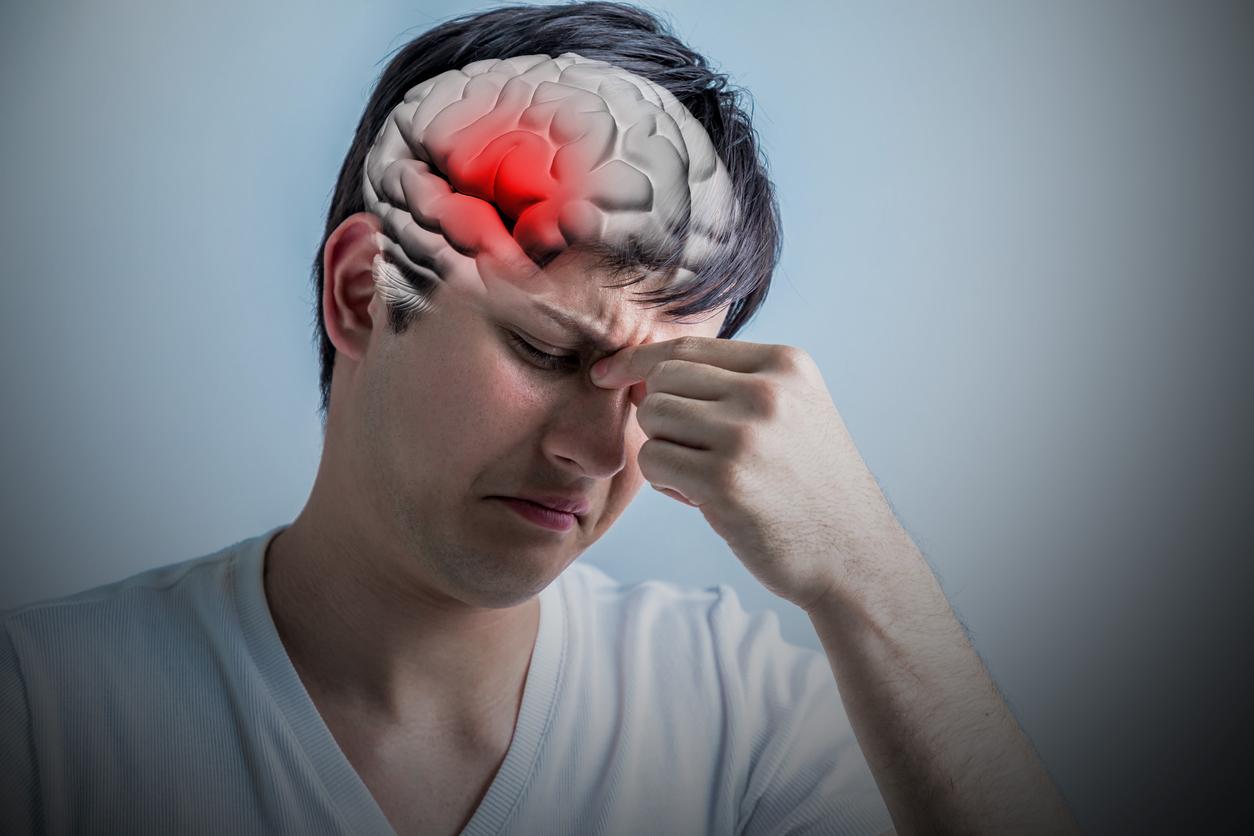Celiac disease: a difficult diagnosis
Celiac disease (better known as gluten intolerance) is an autoimmune disease that causes permanent intolerance to one or more protein fractions of gluten contained in certain cereals such as wheat, rye and barley. This “real disease” concerns one in 100 people in Europe, but doctors estimate that 80% of celiacs are not diagnosed and do not follow gluten free dietwhich is the only existing treatment for the disease.
“The plurality of symptoms and their varying intensity make diagnosis difficult,” explains Professor Christophe Cellier, gastroenterologist at the European Hospital Georges Pompidou (Paris). “In some patients, the disease has an atypical presentation with few symptoms, in others it is even asymptomatic! In the latter case, the diagnosis is only made through screening in families of celiac patients or fortuitously, during an endoscopic examination prescribed as part of another medical exploration. It is also sometimes the appearance of complications associated with celiac disease that makes it possible to diagnose it”.
Celiac disease: what are the symptoms?
Celiac disease leads to atrophy of the villi of the intestine, causing malabsorption of nutrients, in particular iron, calcium and folic acid, which has a significant impact on health. This is manifested by digestive symptoms (intestinal bloating, flatulence, nausea, difficult digestion, etc.), by transit abnormalities (diarrhea, constipation) or even by worrying weight loss.
Gluten intolerance also causes vitamin deficiencies, which can cause atypical signs: muscle cramps, bone pain, coagulation abnormalities, irregular periods, repeated miscarriages, fertility disorders…
The unexplained persistence of one or more of these symptoms should suggest celiac disease and lead to its screening.
Celiac disease: no diet without diagnosis
The fashion of “gluten free diet“to which health and slimming virtues are attributed has trivialized the disease and confuses the issue, with the risk of missing it, for lack of a reliable diagnosis.
“It is imperative not to start a gluten-free diet until you know if you clearly have a real disease (with positive antibodies and confirmation by biopsy) or if you simply suffer from a gluten hypersensitivity which falls within the scope of functional intestinal disorders” insists Professor Cellier. Indeed, the self-prescription of a gluten-free diet can distort the results of diagnostic examinations and complicate or prevent the identification of the disease, and the implementation implementation of appropriate care “And, in the long term, this lack of care can lead to serious complications such as bone demineralization or the development of other autoimmune diseases or even cancers” concludes the gastro -enterologist.
Read also :
Allergies: should you be wary of gluten?
Gluten intolerance: a weedkiller in question
















-1573138807.jpg)